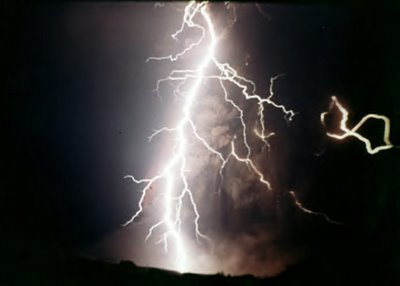Suffering


“[W]hen the universe is considered as the work of an all-benevolent and all-powerful Creator, a fresh element is added to the problem. If God is all-benevolent, why did s/he cause or permit suffering? If s/he is all-Powerful, s/he can be under no necessity of creating or permitting it; and on the other hand, if s/he is under any such necessity, s/He cannot be all-powerful. Again, if God is absolutely good, and also omnipotent, how can s/he permit the existence of suffering? We have to inquire, that is to say, how suffering has come to exist, and its special relation to the Creator of the universe.
Admitting that metaphysical absence of good in itself may be merely nature’s method, involving nothing more than a continual redistribution of the material elements of the universe, human suffering and wrongdoing still and out as essentially opposed to the general scheme of natural development, and are scarcely to be reconciled in thought with any conception of unity or harmony in nature. To what, then, is the suffering of human life, physical and moral, to be attributed as its own cause? Thus, in one aspect, i.e. as counter-balancing to de-ordination, it has the nature of absence of good. But fault (culpae), though permitted by God, is in no sense due to him; its cause is the abuse of free will by men, the action, word and/or omission.
With regard to the nature of absence of good (absence), it should be observed that absence (evil) is of three kinds -- physical, moral, and metaphysical. Physical includes all that causes harm to man, whether by bodily injury, by thwarting his natural desires, or by preventing the full development of his powers, either in the order of nature directly, or through the various social conditions under which mankind naturally exists. Physical evils directly due to nature are sickness, accident, death, etc. Poverty, oppression, and some forms of disease are instances of evil arising from imperfect social organization. Mental suffering, such as anxiety, disappointment, and remorse, and the limitation of intelligence which prevents humans beings from attaining to the full comprehension of their environment, are congenital forms of absence and each vary in character and degree according to natural disposition and social circumstances.
It has been contended that existence is fundamentally evil; that evil is the active principle of the universe, and good no more than an illusion, the pursuit of which serves to induce the human race to perpetuate its own existence. This is the fundamental tenet of Buddhism, which regards happiness as unattainable, and holds that there is no way of escaping from misery but by ceasing to exist otherwise than in the impersonal state of Nirvana. The origin of suffering, according to Buddha, is "the thirst for being". This was also, among Greek philosophers. Thinkers, though, as a rule, held that absence is universally supreme, but can be avoided or overcome by the wise and virtuous. (This is the value of our decision to do what is right no matter what, even though it is decidedly tougher).
Its existence (absence) sub-serves the perfection of the whole; the universe would be less perfect if it contained no evil. Thus fire could not exist without the corruption of what it consumes; if there were no wrong doing, there would be no sphere for patience and justice. We couldn’t appreciate beauty if we didn’t experience its absence; love w/o hate; light w/o dark; yin w/o yang. We humans have a tendency to do what is easier, that is to not sacrifice, to seek own desires, to be selfish, and greedy and disregard or avoid what we know we should do which is to help others, to sacrifice, to prevent injustice no matter what the cost.
In other words, there is a parallel universe that challenges the human spirit to overcome absence of good and fulfill the purpose of our existence and to bring out the best in ourselves and abandon the worst in exchange. When we do this, we find good, we find love, and we find God.


0 Comments:
Post a Comment
<< Home